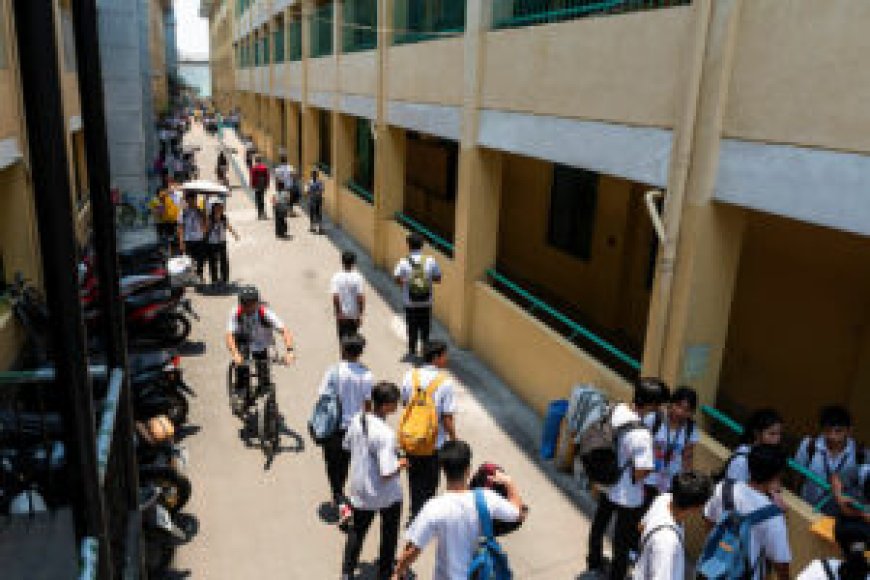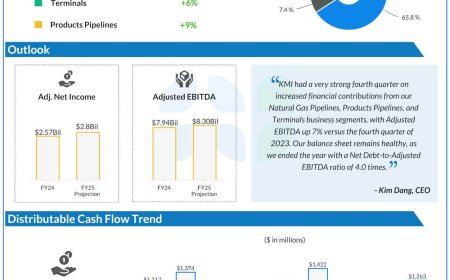Reduced DepEd budget could hurt initiatives to address learning crisis
PHILIPPINE lawmakers’ move to cut the Department of Education’s (DepEd) 2025 budget by P12 billion will likely stall efforts to address the country’s learning crisis and poor student performance, analysts said at the weekend.

By John Victor D. Ordoñez, Reporter
PHILIPPINE lawmakers’ move to cut the Department of Education’s (DepEd) 2025 budget by P12 billion will likely stall efforts to address the country’s learning crisis and poor student performance, analysts said at the weekend.
“The P12-billion cut in the DepEd budget is concerning especially in the context of the learning crisis that the Philippines faces,” John Paolo R. Rivera, a senior research fellow at the Philippine Institute for Development Studies, said in a Viber message.
“With the country ranking poorly in global assessments, such a reduction may hinder the implementation of critical programs, including the enhancement of basic education facilities, teacher training, and curriculum reforms.”
He said the lack of funding could worsen problems such as overcrowding in classrooms and a lack of reforms in teacher training and curricula.
The P6.352-trillion national budget, as approved and ratified by Congress, earmarked some P737.08 billion for the Education department, which is lower than the P748.65 billion proposed by the House.
In the Organization for Economic Cooperation and Development’s (OECD) 2022 Programme for International Student Assessment (PISA) published on Nov. 14, Filipino students showed among the highest levels of mathematics anxiety among 15-year-old students globally.
Previously, 16% of Filipino students attained at least Level 2 proficiency in mathematics, significantly lower than the 69% average across OECD countries.
Filipino students were also among the world’s weakest in mathematics, reading and science as the Philippines ranked 77th out of 81 countries in all categories, performing worse than the global average in another PISA 2022 assessment.
The Philippines also ranked 63rd out of 64 countries in the OECD’s global assessment that ranked 15-year-old students worldwide in producing and evaluating original ideas that would translate into effective solutions.
In a statement on December 12, Education Secretary Juan Edgardo “Sonny” M. Angara said the budget cut was meant for computers and gadgets for public school use.
“That could have funded thousands of computers/gadgets for our public school children,” he said. “Infrastructure is important but so is investing in our people and human capital. The digital divide will widen.”
The House contingent to the Bicameral Conference Committee on Sunday justified the P10-billion budget cut, pointing out the agency’s glaring inefficiency and alleged fund mismanagement.
“Secretary Angara may argue that education funding is sacrosanct, but Congress cannot keep throwing good money after bad. This is not about depriving education; it’s about ensuring proper fund use and accountability,” Party-list Rep. Ramon Rodrigo L. Gutierrez said in a statement.
“As former Senate Finance Committee chair, Sec. Angara knows that the law is clear: unused funds must be accounted for before new allocations can be made. Now that he’s education secretary, he should focus on fixing DepEd’s internal mess. Congress cannot turn a blind eye to these issues” he said.
Mr. Gutierrez cited the Commission on Audit report which revealed that DepEd disbursed only P2.075 billion of its P11.36-billion budget for information and communication technology equipment in 2023.
“DepEd will have little resource to implement strategic projects to address the learning crisis,” Zy-za Nadine M. Suzara, a public budget analyst and former executive director of policy think tank Institute for Leadership, Empowerment and Democracy.
The Second Congressional Commission on Education (EDCOM II) and the Philippine Institute for Development Studies (PIDS) said in a report in May that there is a “severe underinvestment” in the welfare of very young children in the Philippines, causing their early education to suffer.
The Southeast Asian nation also placed 22nd out of 111 countries in the 2022 English Proficiency Index by Education First.
Senator Sherwin T. Gatchalian, who heads the basic education committee, earlier lamented a P4-billion reduction in spending plan for free college education programs
State universities and colleges will get P122.16 billion under the reconciled budget bill.
“The country may not reap the demographic dividend of a young population if the youth are unskilled and ill-equipped for the knowledge economy,” Enrico P. Villanueva, a senior lecturer at the University of the Philippines Los Baños Economics Department, said in an X message.
“The supposed demographic dividend may morph into a societal burden, trapped in low-paying, low value-added job in agriculture, basic industries or tourism services.” — with a report from Kenneth Christiane L. Basilio











































